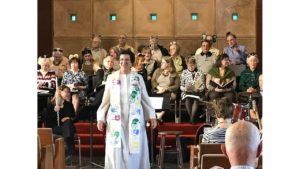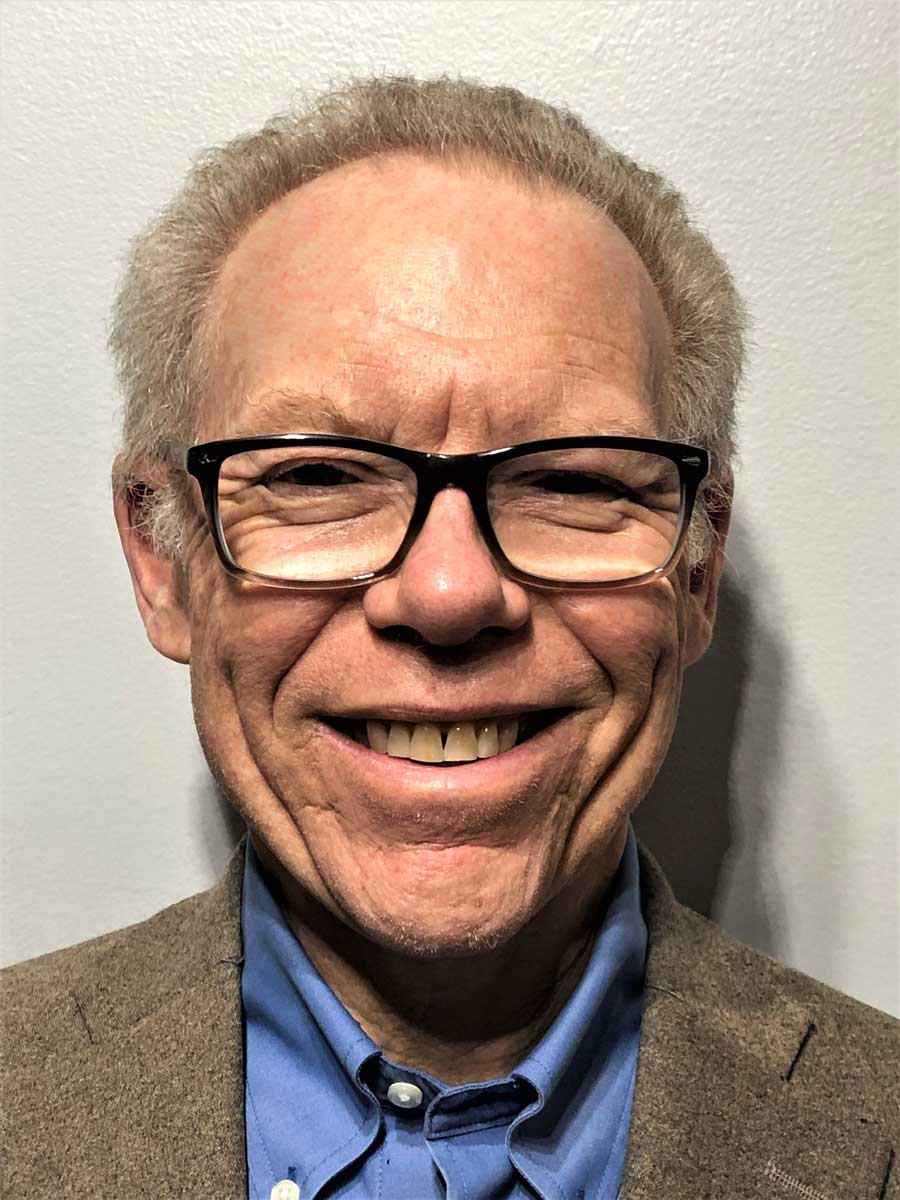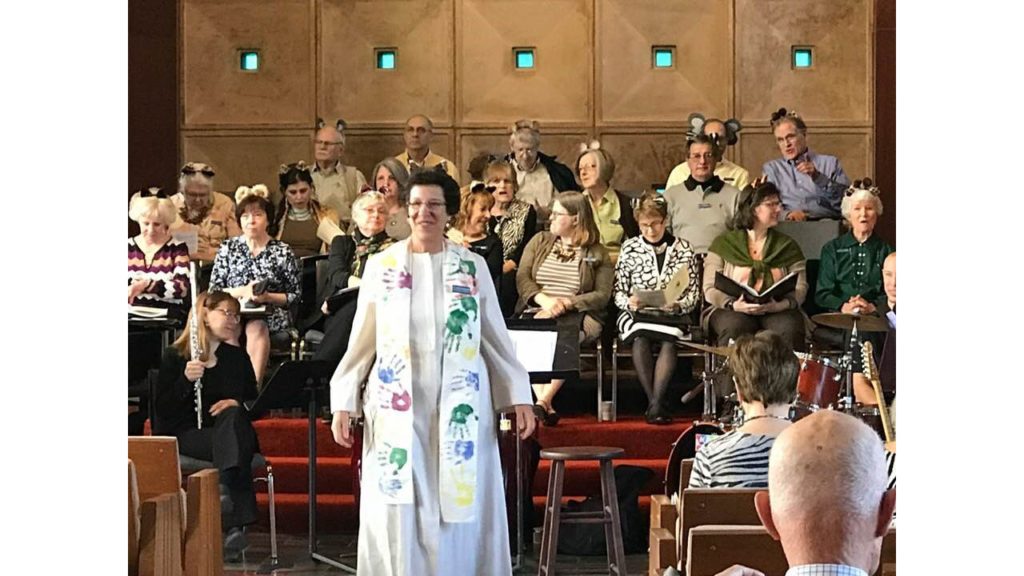Ministers often ask us about their role in their congregation’s capital campaign. This question is both simple and complex, simple in that some roles are universal or nearly so, while others are based on the personalities and strengths of the minister and the lay leaders, as well as the culture, size, and governance of the congregation.

Let’s start with the easy stuff, the roles every minister should play. First, every minister should be a passionate, visible and vocal supporter of the campaign and serve as chief cheerleader and inspirer. This includes talking with people informally, offering inspiring words from the pulpit and on social media, expressing support for the project to be funded, playing a visible role in campaign events, and indicating confidence that the congregation will be successful.
The second universal role is strategic recruiter. Campaign leadership is among the most important keys to success. Effective leaders must have the trust of the congregation, be passionate and generous supporters of the campaign, be able to commit the time and energy to the task, and have or be willing to develop the skills to run the campaign. Ministers are often among the best at identifying such people and recruiting them via personal invitation. Even in our UU universe, a personal recruiting call from the minister carries great weight. Beyond recruiting leaders, the minister can also be very helpful in recruiting people for specific tasks, such as event planners or tour guides, and also recruiting visiting stewards.
The third role is what in the non-profit world we would call donor cultivation. Lead and major donors – people willing and able to contribute five and six figure gifts or more – are critical to reaching your goal. Ministers often know who these potential major donors are and are well-positioned to reach out to them informally as the campaign is getting rolling. Such early discussions focus on temperature-taking: gauging support, priorities, and potential. These early conversations are not “asks” but are informal conversations about the upcoming campaign and people’s feelings and views about it. These conversations can take place as one-on-one or in small groups.
The fourth role is engaging with the leadership team and the campaign consultant, if one is used, to help plan the campaign, integrate key messaging into the worship and newsletter calendar, review campaign materials, help resolve any issues, and write at least one inspiring letter to the congregation. Ministers should also participate in major policy questions about the campaign, such as setting recognition or naming rights policies. Working with the campaign leadership team and consultant will also help clarify the ministers’ role throughout, noting special areas where ministerial presence can help enhance strengths or shore up weaknesses.
Just about every minister should be comfortable – even eager – to play the four roles noted above. Some of the roles ministers play that go beyond are:
- Overseeing parts of campaign execution – especially in large congregations that tend to be more staff-driven. In these situations, the minister might oversee staff who run the campaign database, tracking visits, pledges, steward activity, etc. He or she might also oversee communication strategy and execution, publications, and event planning.
- Serving as a visiting steward and making strategic asks – ministers who are comfortable talking about money – and this is becoming increasingly common – make excellent visiting stewards when paired strategically with the right people to visit.
All of the above applies to ministers whether they are settled ministers, senior, assistant, associate, interim, or developmental ministers. It also applies to some extent to other religious professionals such as music directors and religious educators, who often have special connections with their constituencies and can be very effective in explaining the value of the campaign.
Finally, we hope that settled ministers will make a significant financial contribution to the campaign, just as all lay leaders are called to do. While these need not be the largest contributions, they should be at a level that makes the giver proud. The congregation should know that their minister is in this with them.
The bottom line – our ministers and other religious professionals have vital roles to play in capital campaigns and in all aspects of financial stewardship. Play these roles with enthusiasm, passion, and spirit!
Please offer comments, questions, and suggestions for other ways ministers and other religious professionals can help ensure success.


Stewardship Consultant Barry Finkelstein has been a Unitarian Universalist congregational stewardship consultant since the Fall of 2007 and has worked with over 50 congregations on annual budget drives, capital campaigns, and strategic planning. Reach Barry at Team@stewardshipforus.com


“setting recognition or naming rights policies”
These should be within guidelines set by membership at large, ideally formally codified somewhere—I was appalled recently when we broke a long-standing tradition and formally named a room that had been redone by our Women’s Alliance. (Worse, they did not follow the plan as laid out a few years ago when we redid the adjoining room, but that was secondary—I hate the idea of plaques everywhere based on who has the most $$$$ to contribute.) I *thought* we had a no-naming-rights policy—apparently we were just lucky.
Thoughtful article, very helpful.